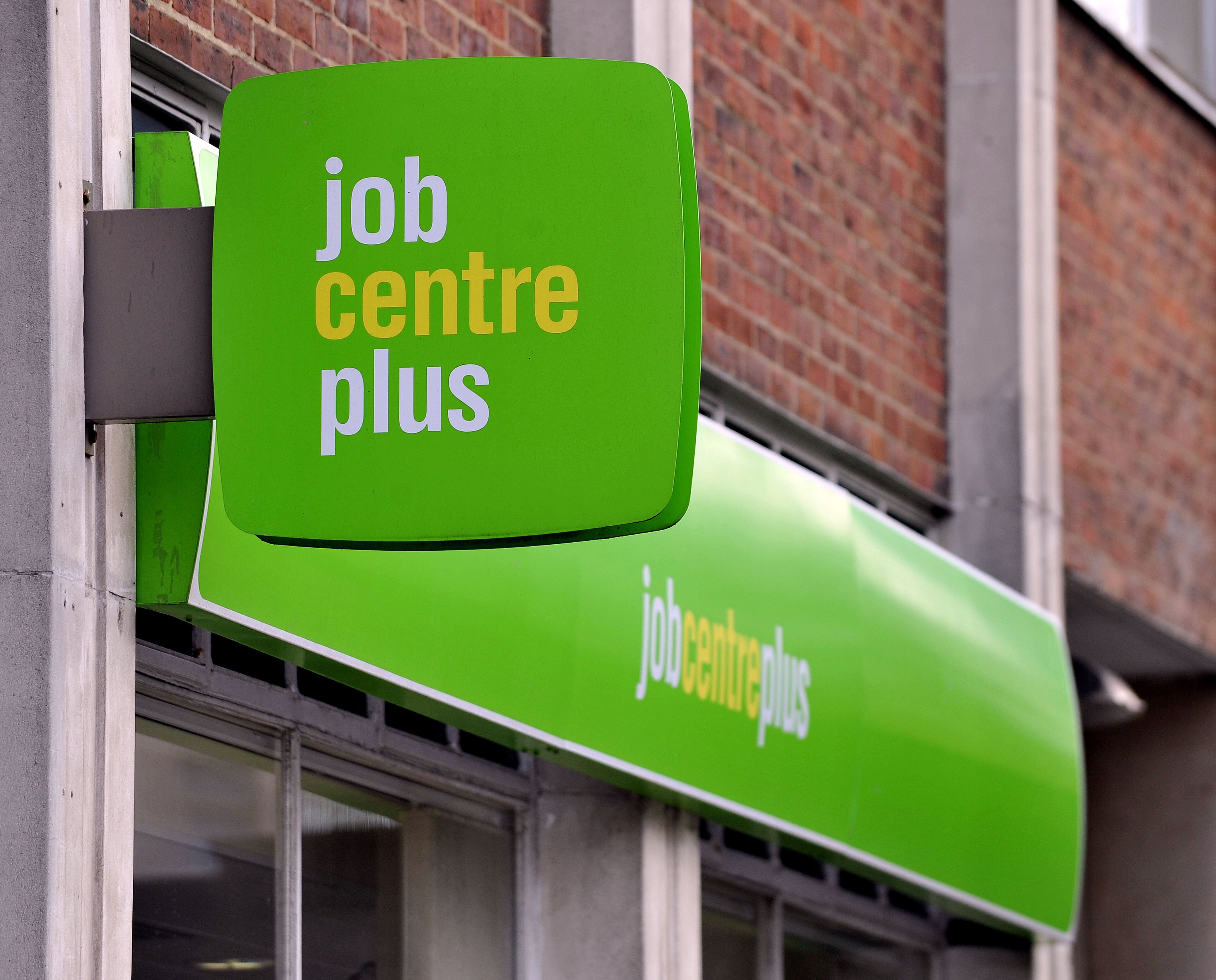The number of young people not in work, employment or training is set to surpass one million for the first time in more than a decade, new research has found.
The number of so-called “Neets” has risen by nearly 200,000 over the past two years to reach 940,000, new research from the Resolution Foundation shows. The biggest increases in the past few decades are among those inactive due to disability or ill health, it suggested.
Researchers from the influential think tank, supported by the Health Foundation, found that inactivity due to sickness or disability amongst this group has more than doubled since 2005, now making up more than one in four.
The report said this trend means the number of young people not in work or training is set to hit one million for the first time since the aftermath of the financial crisis, when it peaked at 1.2 million in 2012.
The government recently announced the next stage of its ‘Youth Guarantee’ policy, which was pledged in its election manifesto. The scheme aims to ensure all young people are either earning or in education by matching them up with local training or employment opportunities.

This will also include a “targeted backstop”, the Treasury has said, where any eligible young person on Universal Credit for more than 18 months without earning or learning will be provided with guaranteed paid work.
However, this may also be paired with benefit sanctions or even having entitlement stopped entirely if work is turned down, it is understood.
The government is also consulting on restricting eligibility for the health-related element of Universal Credit to those aged 22 and over, and increasing its equivalent for children to end at 18, rather than 16. This means only the age bracket included in the Youth Guarantee policy would not be covered.
James Taylor, executive director of strategy at disability equality charity Scope, said: "Schemes improving employment support for young people are encouraging, but no details have yet been set out for young disabled people, who face many barriers getting into work.
“At the same time, the government is planning to cut Universal Credit Health for under-22s. Life costs more if you are disabled, and those costs will hit young disabled people even harder without this financial support.
“The government must tackle the real barriers young disabled people face getting into work, instead of ripping away their financial safety net or forcing them into unsuitable jobs.”
In light of recently increased attention on young people not in work, the Resolution Foundation also pointed out that nearly half of those in this group (44 per cent) do not engage with the benefits system at all.
The think tank has urged the government to increase its efforts to reduce numbers by creating a national “front door” to help young people re-engage with education and training, and broaden access to the Youth Guarantee to include 22- to 24-year-olds.
It also advises that the quality and frequency of Work Capability Assessments – which the government intends to scrap – be increased for young people receiving health-related benefits.

Louise Murphy, senior economist at the Resolution Foundation, said: “The number of young people who are neither earning nor learning has risen sharply in recent years and is now nearing one million.
“The biggest factor driving this increase is workless young people reporting a disability or ill-health. This has doubled over the past 20 years and now affects over one in four young people not in education, employment or training.
“The government should redouble efforts to reduce the number of Neets by making it easier for young people to return to education if they drop out, or to get their first experience of work.
“Otherwise, we risk a cohort of young people slipping through the cracks into a lifetime of lower living standards.”
A Government spokesperson said: “Every young person should have the chance to thrive. That's why we're delivering our Youth Guarantee so no one is left behind and expanding mental health services.
“We're also shifting our focus from welfare to work - modernising Jobcentres and funding programmes like Connect to Work so people get the skills to succeed, and businesses get the workforce they need.
“These measures are all part of efforts to ensure everyone has the opportunity to move into good, secure jobs under our Plan for Change.”
SNP calls for Prince Andrew to be stripped of dukedom ‘without delay’
UK Government ‘absolutely not’ giving up on PPE Medpro cash, says Starmer
Swinney insulting intelligence of Scottish people on independence, says Starmer
Rachel Reeves to lay out plans to scrap paperwork for thousands of UK firms
Four million people forced into debt to pay for heating and food, new report finds







